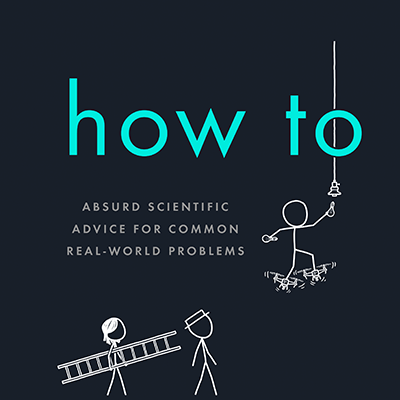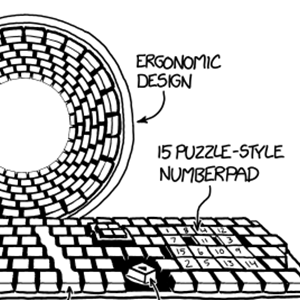Let's assume there's life on the the nearest habitable exoplanet and that they have technology comparable to ours. If they looked at our star right now, what would they see?
—Chuck H.
Answer:

Let’s try a more complete answer. We’ll start with ...
Radio transmissions
Contact popularized the idea of aliens listening in on our transmissions. Sadly, the odds are against it.
Here’s the problem: Space is big. Really big.[1]
You can work through the physics of interstellar radio attenuation, but the problem is captured pretty well by considering the economics of the situation: If your TV signals are getting to another star, you’re losing money. Powering a transmitter is expensive, and creatures on other stars aren’t buying the products in the TV commercials that pay your electricity bill.
The full picture is more complicated, but the bottom line is that as our technology has advanced, less of our radio traffic has been leaking out into space. We’re closing down the giant transmitting antennas and switching to cable and fiber and tightly-focused cell-tower networks.[2]
While our TV signals may have been detectable—with great effort—for a while,[3] that window is closing. In the late 20th century, when we were using TV and radio to scream into the void at the top of our lungs, the signal probably faded to undetectability after a few light-years.[4] The potentially habitable exoplanets we’ve spotted so far are dozens of light-years away, so the odds are they aren’t currently repeating our catchphrases.
But TV and radio transmissions still weren’t Earth’s most powerful radio signal. They were outshone by the beams from early-warning radar.[4]
Early-warning radar, a product of the Cold War, consisted of a bunch of ground and airborne stations scattered around the Arctic. These stations swept the atmosphere with powerful radar beams 24/7, often bouncing them off the ionosphere, and people obsessively monitored the echos for any hints of enemy movement. (I wasn’t alive during most of this period, but from what I hear, the mood was a little tense.)
These radar transmissions leaked into space, and could probably be picked up by nearby exoplanets[5] if they happened to be listening when the beam swept over their part of the sky. But the same march of technological progress that made the TV broadcast towers obsolete has had the same effect on early-warning radar. Today’s systems—where they exist at all—are much quieter, and may eventually be replaced completely by new technology.

Earth’s most powerful radio signal is the beam from the Arecibo telescope. This massive dish in Puerto Rico can function as a radar transmitter, bouncing a signal off nearby targets like Mercury and the asteroid belt. It’s essentially a flashlight which we shine on planets to see them better. (This is just as crazy as it sounds.)
But it transmits only occasionally, and in a narrow beam. If an exoplanet happened to be caught in the beam, and they were lucky enough to be pointing a receiving antenna at our corner of the sky at the time, all they would pick up would be a brief pulse of radio energy, then silence.
So hypothetical aliens looking at Earth probably wouldn’t pick us up with radio antennas.
But there’s also ...
Visible light
This is more promising. The Sun is really bright [citation needed] and its light illuminates the Earth.[citation needed] Some of that light is reflected back into space as “Earthshine”. Some of it skims close to our planet and passes through our atmosphere before continuing on to the stars. Both of these effects could potentially be detected from an exoplanet.[4][6]
They wouldn’t tell you anything about humans directly, but if you watched the Earth for long enough, you could figure out a lot about our atmosphere from the reflectivity. You could probably figure out what our water cycle looked like, and our oxygen-rich atmosphere would give you a hint that something weird was going on.
So in the end, the clearest signal from Earth might not be from us at all. It might be from the algae that have been terraforming the planet—and altering the signals we send into space—for billions of years.

Of course, if we wanted to send a clearer signal, we could. A radio transmission has the problem that they have to be paying attention when it arrives.
Instead, we could make them pay attention. With ion drives, nuclear pulse propulsion, or just clever use of gravitational slingshots, we could probably send a probe out of the Solar System fast enough to reach a given nearby star in a few dozen millennia. If we can figure out how to make a guidance system that survives the trip (which would be tough) we could use it to steer toward any inhabited planet.
To land safely, we’d have to slow down. But slowing down takes even more fuel. And, hey, the whole point of this was for them to notice us, right?
So maybe if those aliens looked toward our Solar System, this is what they’d see:










